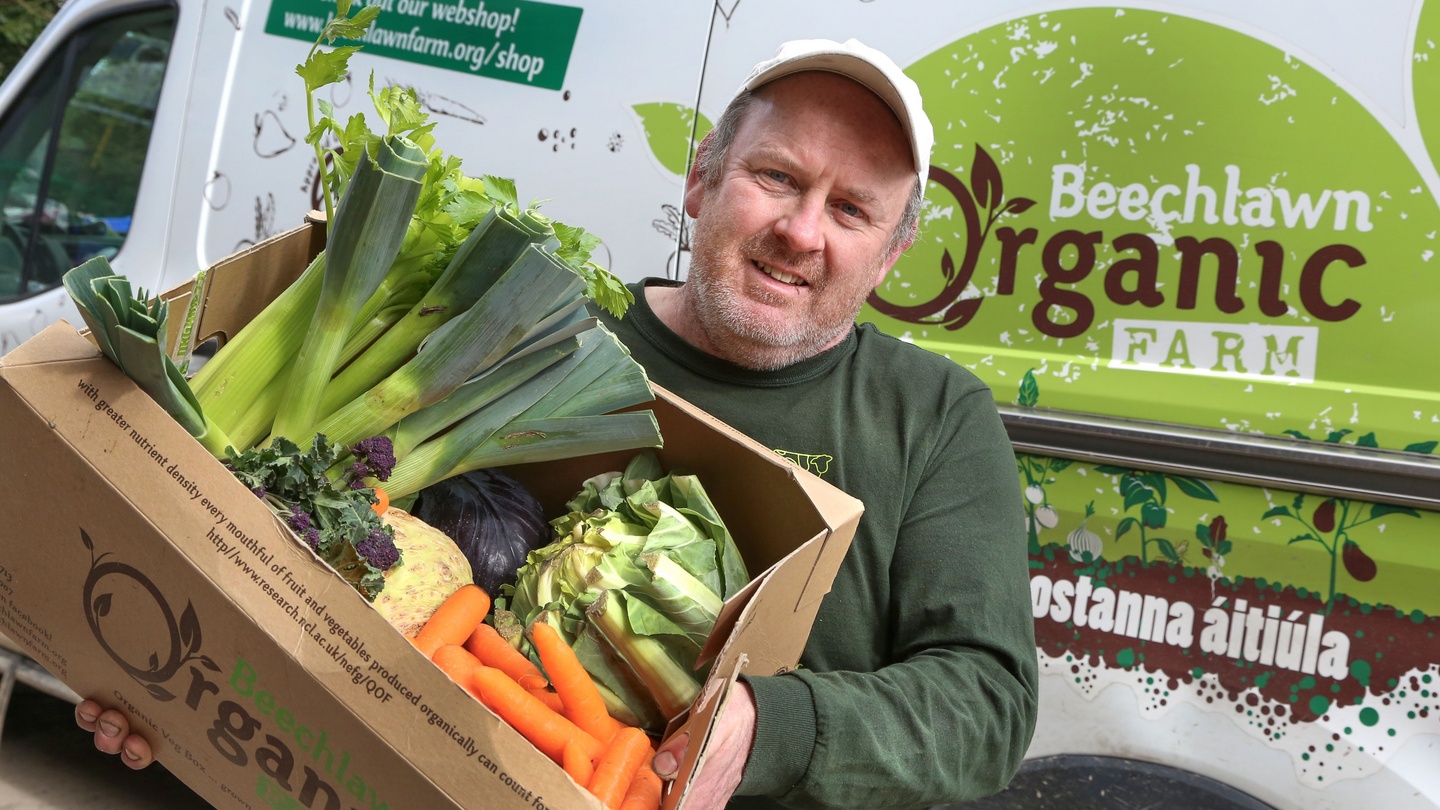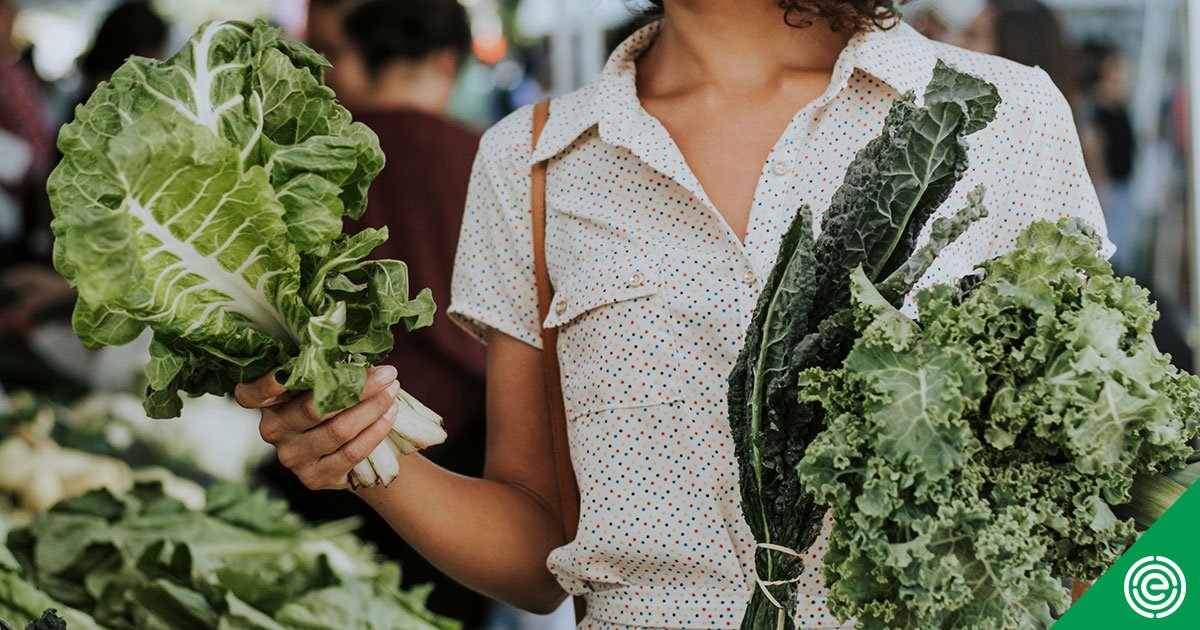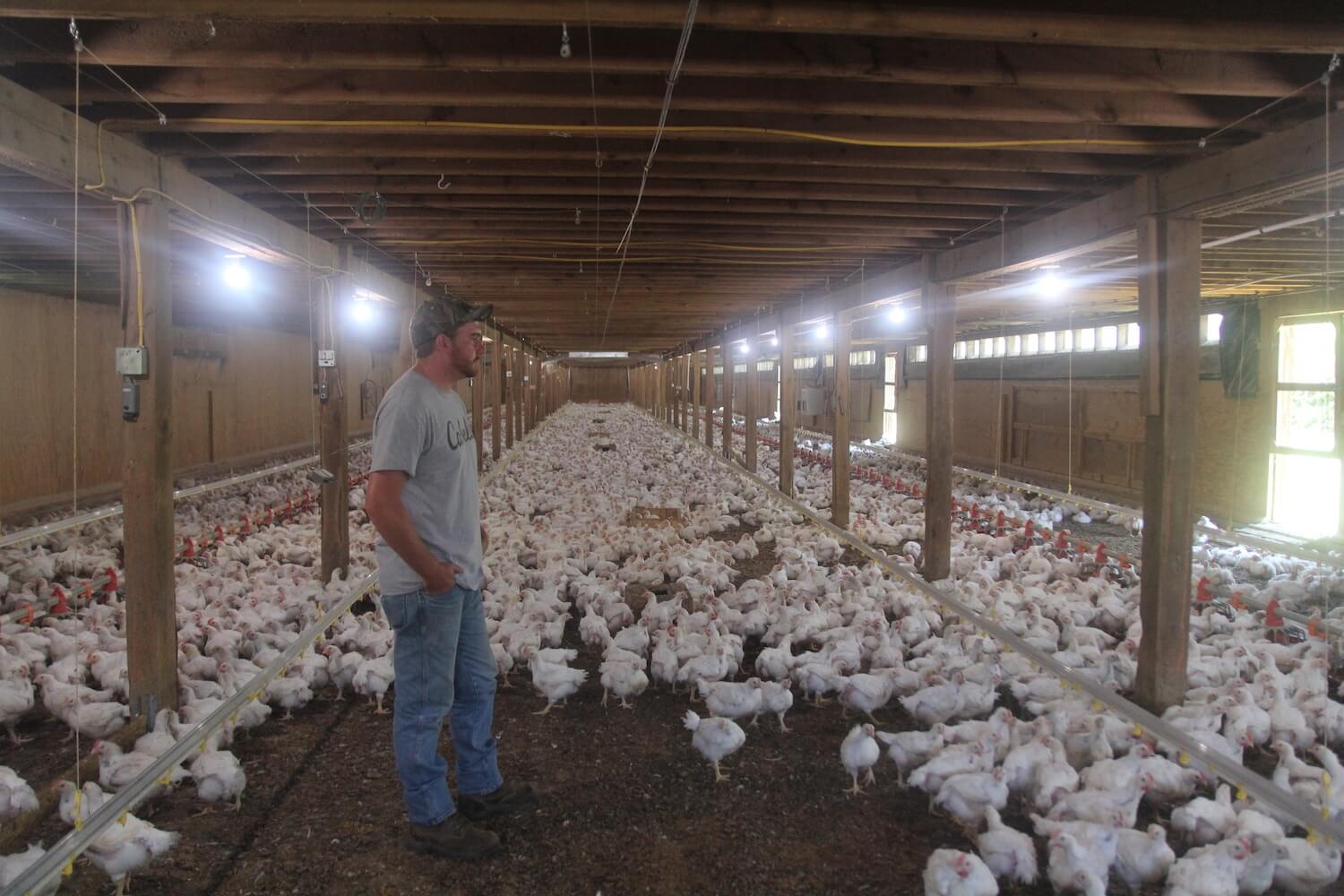-
(0)
-
Bookmark
- Comments (0)
 John LaRose Jr.
John LaRose Jr.
Topics: Soil Health, Organic, Agriculture Global, Beyond Organic , Sustainability, Climate Change,
-
(0)
-
Bookmark
- Comments (0)
-
(0)
-
Bookmark
- Comments (0)
03/26/2020 SOURCE: www.ewg.org
-
(0)
-
Bookmark
- Comments. (0)
03/25/2020 SOURCE: www.desertsun.com
-
(0)
-
Bookmark
- Comments. (0)
03/24/2020 SOURCE: www.agdaily.com
-
(0)
-
Bookmark
- Comments. (0)
03/12/2020 SOURCE: www.foodandwine.com
-
(0)
-
Bookmark
- Comments. (0)
-
(0)
-
Bookmark
- Comments. (0)
03/09/2020 SOURCE: thecounter.org
-
(0)
-
Bookmark
- Comments. (0)
 John LaRose Jr.
John LaRose Jr.
Topics: Organic, Agriculture Global, Fruit, Sustainability, Ag Global Specialty Food,
" I am aware that due to objective reasons, most of the world's farmers live in poverty, unable to recover from their situation. Poverty is so great and unbelievable extended that trying to improve their income by 'just a little' or having them 'enough to survive' is simply not the solution. What is needed is a long-term solution, which requires deep state-level structural changes. But, can the income be increased even before such (long term) structural changes have taken place? Is raising income limited to a few percents per year, or can it be more than that? Is it possible to increase income by tens of percent, or even hundreds of percent in a year or two?"
-
(0)
-
Bookmark
- Comments (0)








